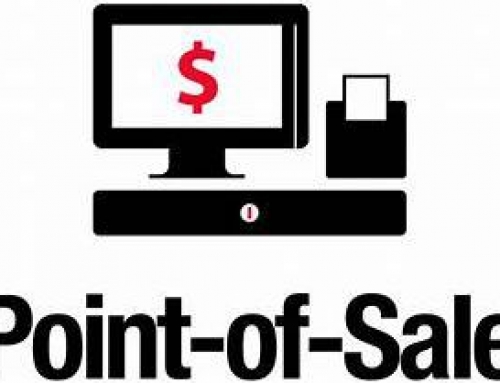In an era dominated by technology, the presence of cell phones has become both a boon and a bane in the workplace. While these devices offer unprecedented connectivity, their rampant use can contribute to a noticeable decline in overall productivity. Various ways in which cell phones may be undermining efficiency in the modern workplace:
- Distraction Dilemma: The constant stream of notifications diverts employees’ attention. Instant messages, social media updates, and app notifications can create a persistent distraction, interrupting workflow and hindering sustained focus. A recent survey performed by Screen Education showed that employees waste, on average, more than two hours per day using their phones. That is more than 2 hours when work for your business is not getting done and it is not just productivity at stake – 14% of respondents said workers distracted by mobile devices had caused workplace accidents, many of which resulted in injury or even death. Cell phone distractions are no strangers in the modern workplace, with far reaching consequences. The fascinating discovery of a 20% reduction in workplace productivity, as unveiled in a recent study, sends a glaring signal that cannot be ignored.
- Multitasking Myth: Despite common beliefs, the human brain is not wired for effective multitasking. Cell phones often encourage individuals to juggle multiple tasks simultaneously, leading to decreased concentration, increased errors, and a slower overall pace of work.
Addressing the increasing use of cell phones in the workplace requires a balanced approach that respects employees’ needs for connectivity while mitigating potential distractions from the work being done. Here are some solutions to promote a balance:
- We are in the process of creating clear company policies to address this situation. To ensure fairness for both employees and BurgerBusters, we will be seeking input from the field to craft a policy that aligns with the needs and concerns of our team and the business.
- Encourage Breaks: Instead of discouraging phone use altogether, during break times employees can check messages or use their phones for personal tasks to accommodate personal needs without compromising productivity.
Lead by Example: Leadership plays a crucial role in setting the tone for acceptable behavior. All managers should model the desired behavior by minimizing unnecessary phone use during work hours.

By: Kirk Jester
Director of Human Resources




